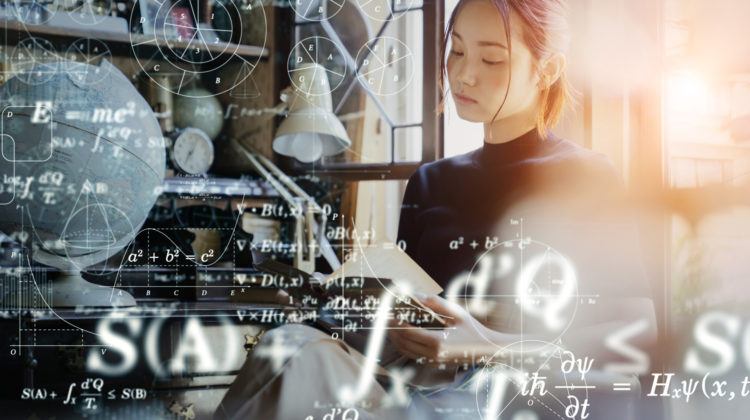PI Kids are Asking: Why does your stomach drop when you’re on a roller coaster?
Rajiv asks: It’s weird, that floaty feeling you get at the top of a roller coaster. You feel it in other places too – going over bumps in the road, or being in an elevator that suddenly starts heading down. Sometimes it seems like one little bump is enough to turn off something as big as gravity.

It seems that way – because it kind of is that way. Imagine being on that roller coaster. You’re going up the first big hill, holding your breath, and suddenly the car tips over the top and begins its plunge. You feel yourself rising out of the seat. This weightless feeling is not an illusion. If you had a scale, you’d find that you actually weighed less.
This is because what we feel as weight is not caused by the force of gravity pulling us down. It’s caused by the force of the floor (or the chair, or the roller coaster seat) pushing against our body and holding us up. When we fall – when there is nothing to hold us up – we’re weightless. That’s what’s really happening to astronauts as they float around inside their ships. They’re not out of the reach of the Earth’s pull; they’re just in freefall.
On a roller coaster, both you and your seat are falling at the same time, so the seat can’t provide any support. No support means no weight. Pretty simple, right?
As for why we feel a roller coaster’s drop specifically in our stomach, we think it’s because the stomach and intestines float inside the body more loosely than most other organs, and so being weightless affects them more. But we don’t really know.
To stretch your mind back in a physics direction, imagine you’re on an elevator heading up, instead of down. As the elevator starts to move, the floor is moving toward you, faster and faster. It pushes against the bottom of your feet with more force than it would if it were standing still, or just climbing steadily. If you had a scale, you’d find that you were, briefly, heavier.
Albert Einstein once stretched his mind in just this way, and realized that there is no way to tell the difference between weight caused by gravity and weight caused by the floor speeding up under you. From this one idea – he called it the happiest idea of his life – he developed a brand new description of gravity called general relativity. General relativity is still the theory of gravity we use today. It is one of the great triumphs of modern physics, and it all came from Einstein imagining an elevator.
Imagine if he’d had a roller coaster!























































































